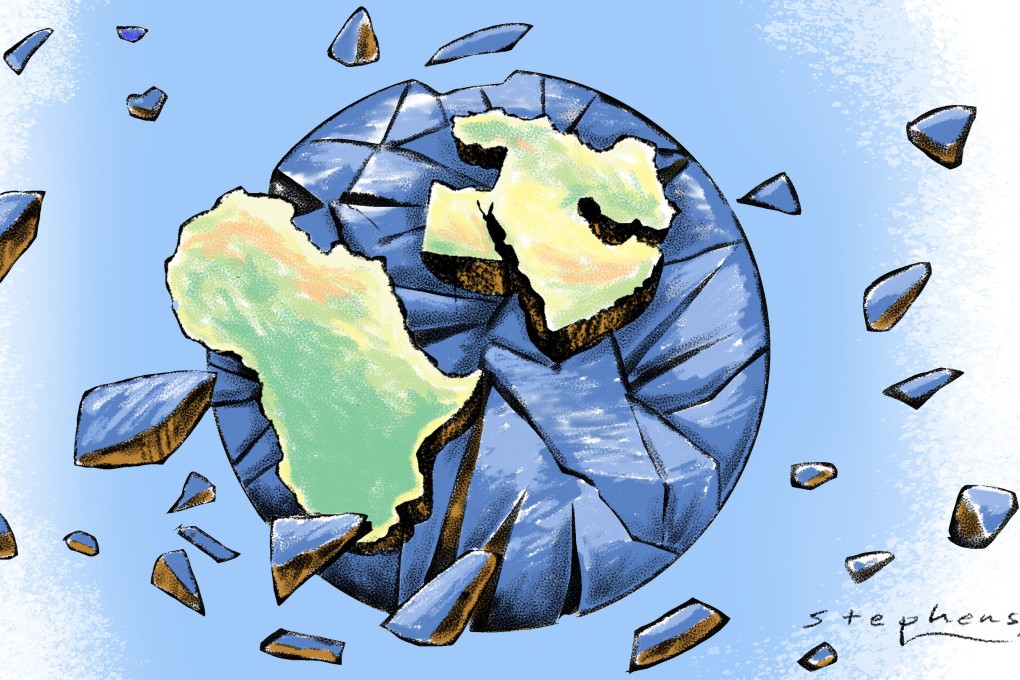Advertisement
Opinion | US rivalry with China and Russia is elevating the global role of Africa and the Middle East
- Washington’s attempts to isolate Moscow and contain Beijing have not only pushed the two together, but prompted them to seek new partners outside US influence
- Trade and investment deals in the Middle East and Africa could see these regions become increasingly key players on the world stage
Reading Time:3 minutes
Why you can trust SCMP
1

The collapse of Russia-US ties and continued deterioration of the China-US relationship have not only fostered closer cooperation between Moscow and Beijing, but also galvanised their geopolitical overtures to other global poles such as the Middle East and Africa.
Advertisement
These attempts by China and Russia to secure strategic partnerships with actors outside US-dominated areas provide insight into what the future global environment may look like.
When the current global security crisis is over, the new world order is likely to be more fragmented, redistributed between several poles and powers, and hence less stable.
Russian President Vladimir Putin and China’s President Xi Jinping have repeatedly hailed the “no-limits” partnership between their respective countries, to the displeasure of the US. As I argued for the European Financial Review in October, “Russia-China relations … are driven by a common desire to overturn the US-led global domination and establish a new world order”.
China is being put under increasing pressure by American attempts to restrict it regionally and internationally. Though US President Joe Biden promised to avoid a “new Cold War” with China ahead of his meeting with Xi in Bali in November, Washington has kept up its tough stance on Beijing.
Advertisement
In August, China blasted Washington’s passing of the Chips and Science Act and the Inflation Reduction Act, both of which damage the country’s interests. In October, the US enacted a sweeping set of bans on hi-tech exports to China, with Japan and the Netherlands reportedly planning to follow suit.

Advertisement
